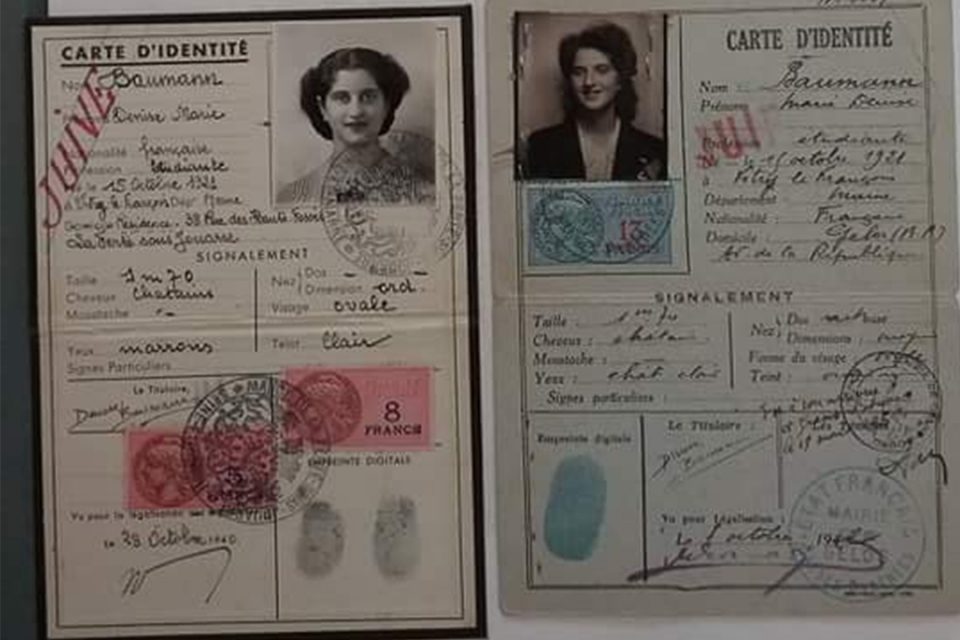The Holocaust: A Dark Chapter in World War II History
One of the most tragic events in human history, the Holocaust was the systematic, state-sponsored persecution and genocide of six million Jews by the Nazi regime and its collaborators during World War II. This dark chapter in history also included the genocide of millions of other people, including Romani people, disabled individuals, homosexuals, and political dissidents.
The Holocaust took place during World War II, between 1941 and 1945, as the Nazis implemented their “Final Solution” to exterminate every Jewish person in Europe. Despite the horrors faced, many victims resisted the Nazis, and the Holocaust finally ended in 1945 with the liberation of survivors by Allied forces.
The Holocaust remains a tragic and shameful event in human history, serving as a reminder of the dangers of hate, prejudice, and discrimination. Through education and remembrance, we can honor the memory of the millions who perished and ensure that such atrocities are never repeated.
The Holocaust: A Dark Chapter in World War II History
One of the most tragic events in human history, the Holocaust was the systematic, state-sponsored persecution and genocide of six million Jews by the Nazi regime and its collaborators during World War II. This dark chapter in history also included the genocide of millions of other people, including Romani people, disabled individuals, homosexuals, and political dissidents.
Background
The Holocaust took place during World War II, between 1941 and 1945. The Nazi regime, under the leadership of Adolf Hitler, believed in a warped ideology of racial purity and superiority, which demonized Jews as an inferior race that needed to be eradicated. The Nazis used propaganda, discrimination, and violence to dehumanize Jewish people and justify their extermination.
Persecution and Deportation
The persecution of Jews began with discriminatory laws that restricted their civil rights and economic opportunities. Jews were forced to wear identifying markers, such as yellow stars, and were subjected to violence and harassment. In 1941, the Nazis began deporting Jews to concentration camps, where they were forced to perform hard labor under brutal conditions.
Death Camps
As the war progressed, the Nazis implemented their “Final Solution,” a plan to systematically exterminate every Jewish person in Europe. Six extermination camps were established in Poland, where Jews were sent to gas chambers and cremated in mass killings. The most infamous of these camps was Auschwitz-Birkenau, where over one million people, the majority of them Jews, were murdered.
Resistance and Liberation
Despite the horrors they faced, many Jewish people and other victims of the Holocaust resisted the Nazis in any way they could, from hiding and smuggling food to participating in uprisings. The Holocaust finally ended in 1945, with the liberation of the remaining survivors by Allied forces. The world was shocked by the atrocities uncovered in the concentration camps, and the full extent of the Holocaust became known.
Legacy
The Holocaust remains one of the most tragic and shameful events in human history. It has left a lasting impact on society, with survivors and their descendants continuing to bear the scars of their traumatic experiences. The world has vowed to never forget the Holocaust and to prevent such atrocities from ever happening again.
Through education, remembrance, and vigilance, we can honor the memory of the millions who perished in the Holocaust and ensure that their stories are never forgotten. The lessons of the Holocaust remind us of the dangers of hate, prejudice, and discrimination, and the importance of standing up against injustice and intolerance in all its forms.
Conclusion
The Holocaust was a dark chapter in world history that serves as a reminder of the horrors that human beings are capable of inflicting on one another. It is important to remember the victims and survivors of the Holocaust, and to learn from their experiences to build a more just and compassionate world for future generations.
